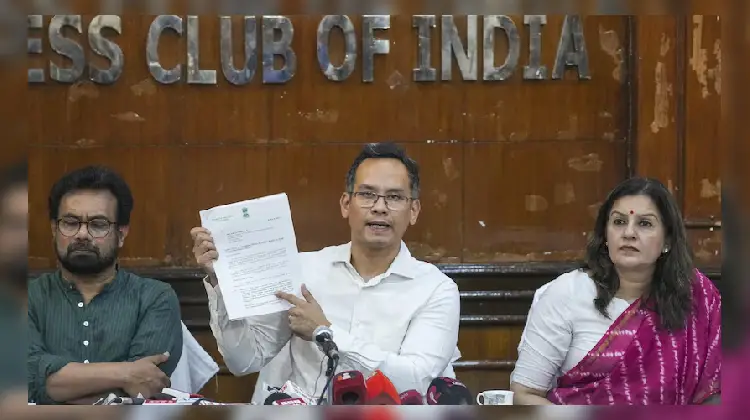A storm of controversy has erupted over the Digital Personal Data Protection (DPDP) Act, 2023, with accusations that it threatens to weaken the fundamental Right to Information (RTI) Act, 2005. At the heart of the matter lies a contentious debate about balancing privacy rights with the public’s right to know. Union Minister Ashwini Vaishnaw has vehemently refuted these claims, sparking a national discussion on the future of transparency and data protection in India.
Opposition leaders and activists have raised serious concerns about the DPDP Act’s implications, particularly focusing on amendments to Section 8(1)(j) of the RTI Act. They argue that these changes could create a loophole, allowing authorities to deny access to crucial information under the guise of protecting personal data. This, they fear, could severely hinder investigative journalism and impede the public’s ability to hold those in power accountable. The crux of their argument revolves around the idea that the DPDP Act may create a blanket ban on the disclosure of personal information, effectively shrouding government actions in secrecy.
Union Minister Ashwini Vaishnaw has taken a strong stance, asserting that the DPDP Act is designed to coexist harmoniously with the RTI Act. He emphasized that the government’s intent is not to dilute the RTI Act but to establish a robust framework that safeguards personal data while upholding the principles of transparency. He clarified that any personal information that is legally mandated to be disclosed under existing laws will remain accessible under the RTI Act. He also highlighted Section 3 of the DPDP act to clarify that data that is already public, will remain so.
The core challenge lies in striking a delicate balance between protecting individual privacy and ensuring transparency in public life. The government contends that the DPDP Act is essential to prevent the misuse of personal data, a concern that has grown exponentially in the digital age. They cite the Supreme Court’s landmark Puttaswamy judgment, which recognized the right to privacy as a fundamental right, as a key justification for the Act. The government also states that many consultations with civil society groups, and parliamentary forums, took place to insure that the two acts would be able to work together.
The amendments to Section 8(1)(j) of the RTI Act have become a focal point of the debate. Critics argue that the language used in the DPDP Act is ambiguous and could be interpreted broadly, leading to arbitrary denials of information requests. The government, however, maintains that the amendments are intended to provide clarity and prevent the disclosure of sensitive personal data that is not in the public interest.
As the debate rages on, the government faces the crucial task of building public trust and ensuring that the DPDP Act does not become a tool for suppressing information. This requires clear guidelines, robust oversight mechanisms, and a commitment to transparency at all levels of governance. The future of data protection and transparency in India hinges on the ability to navigate this complex terrain with wisdom and foresight.
Key Highlights:
- The DPDP Act, 2023, has sparked controversy over its potential impact on the RTI Act, 2005.
- Opposition leaders fear that amendments to Section 8(1)(j) of the RTI Act could hinder access to information.
- Union Minister Ashwini Vaishnaw refutes these claims, emphasizing the need to balance privacy and transparency.
- The government highlights the Supreme Court’s Puttaswamy judgment to justify the need for data protection.

